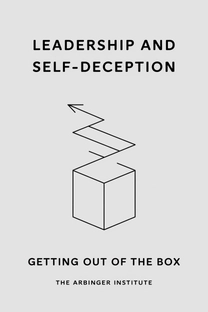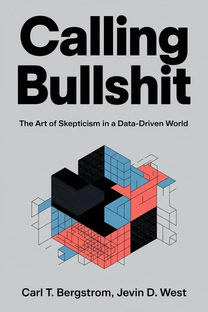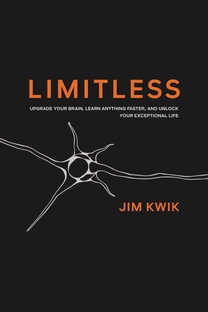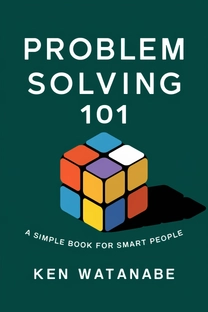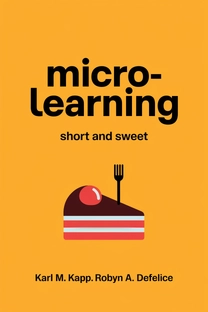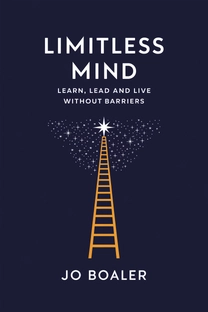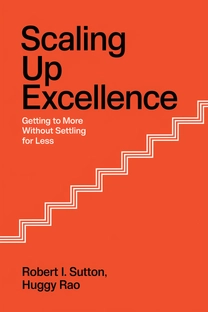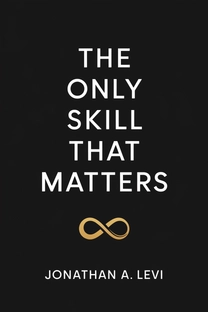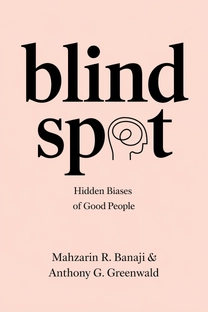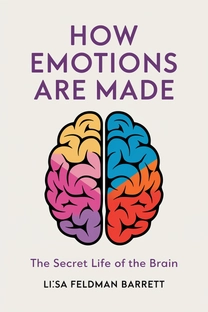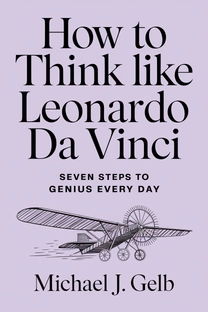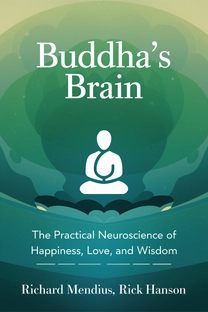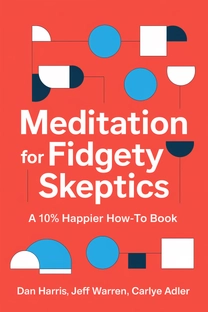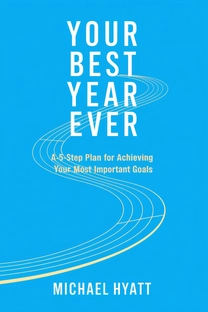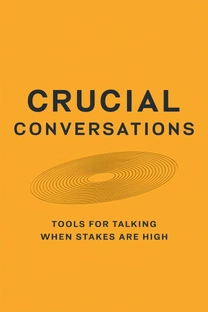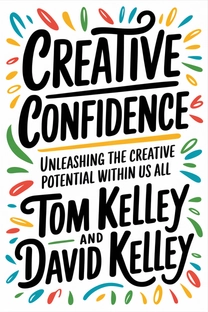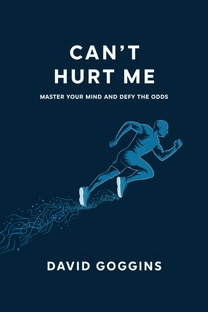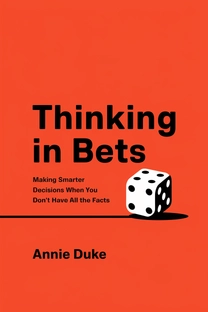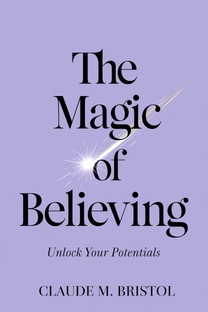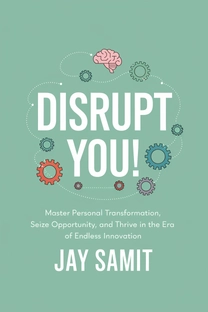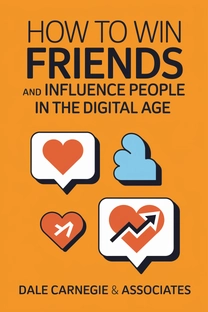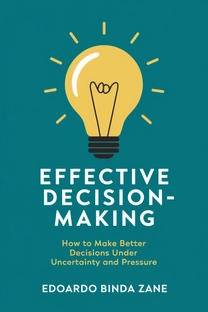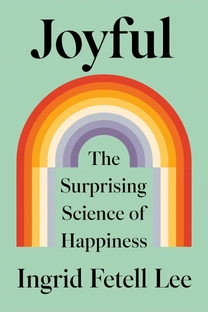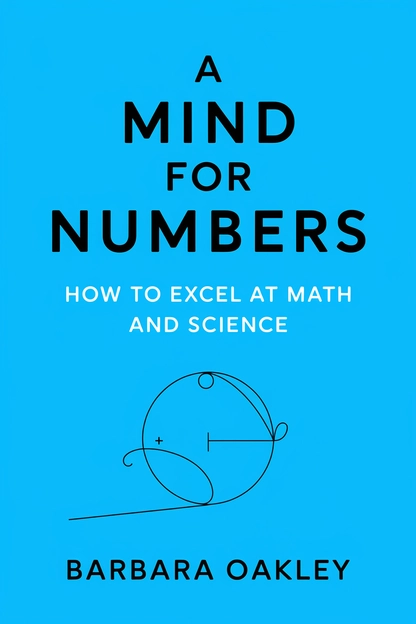
A Mind for Numbers
How to Excel at Math and Science
by Barbara Oakley, PhD
Brief overview
This book shows how anyone can strengthen their thinking skills and overcome barriers in math and science. It combines brain-based strategies, memory techniques, and practical tips on focusing to help readers learn more effectively. By bridging the gap between imagination and mastery, it reveals that even the most difficult concepts can become natural and enjoyable areas of expertise.
An Inviting Introduction
Welcome to a journey of rediscovering how you learn. If math or science has ever felt off-limits, this is your chance to see that, with the right strategies, you can unlock remarkable capabilities. Our minds have two main ways of thinking: one is focused, the other more relaxed and diffuse. Together, they guide our creativity and problem-solving power.
This summary explores ways to strengthen your learning muscles. You’ll find tips to avoid procrastination, stories about forming resilient mental patterns, and methods to keep yourself confident when faced with challenging subjects. Even if you’ve been intimidated by complex ideas before, you’ll discover that genuine understanding is within reach.
Think of this as a practical conversation with a friend rather than a dry textbook. We’ll cover why your brain sometimes ignores important tasks, how to build knowledge into lasting “chunks,” and how memory tricks can make facts both fun and permanent. Let’s begin by seeing why toggling between different thinking states is so crucial.
Focused Vs. Diffuse Thinking
We often rely on a focused mode when we tackle tasks directly. It’s like a spotlight: intense and directed. This approach helps you zoom in on problem details, whether studying for an exam or figuring out a puzzle. However, you can get stuck if you over-focus on the wrong path.
Meanwhile, diffuse thinking is like a softer lamp that illuminates new corners of your mind. You engage it when you relax or let your thoughts wander—often during a walk or shower. The diffuse mode connects ideas that seem unrelated, sparking creative insights that pure focus sometimes misses.
Learning math or science effectively means shifting between these two modes. First, you try to work through the details in focused mode, then step away to allow your diffuse mode to make new connections. This back-and-forth powers breakthroughs and gives your brain time to embed fresh concepts.
What is A Mind for Numbers about?
A Mind for Numbers: How to Excel at Math and Science by Barbara Oakley, PhD demonstrates that analytical skills are not reserved for a select few. Drawing on cognitive research, Oakley explains how the brain’s focused and diffuse modes operate together to build lasting knowledge. She offers an actionable framework that helps anyone struggling with complex subjects discover new ways to learn.
This book removes the mystery from problem-solving by breaking down ideas into easy-to-digest chunks and showing readers how to apply them step by step. It shows that mathematics and science can become accessible—even enjoyable—when approached with the right strategies, making this a vital resource for students, professionals, and lifelong learners alike.
Review of A Mind for Numbers
One of the book’s major strengths is its emphasis on chunking information and regularly testing yourself. These practical techniques encourage hands-on practice, which leads to better retention and increased confidence in math and science. Oakley also brings a lighthearted tone to a serious subject, making the writing surprisingly engaging and friendly.
Readers receive more than just memorization tips. They learn systematic approaches to beating procrastination, scheduling study sessions, and forming strong mental models that stick. The book stays relevant for virtually any field requiring analytical and problem-solving skills because its advice scales to different levels of expertise. Oakley’s conversational style ensures that newcomers don’t feel lost and that experts still find valuable insights. Recommended for anyone who wants a smoother, more effective path to mastering challenging content.
Who should read A Mind for Numbers?
- Undergraduates who need effective study skills for challenging STEM courses
- Professionals seeking to strengthen their analytical or technical knowledge
- Educators looking for fresh methods to help students overcome math anxiety
- Adult learners returning to math or science after a long break
- Personal development enthusiasts interested in harnessing brain-based learning
About the author
Book summaries like A Mind for Numbers
Why readers love Mindleap
10-Minute Book Insights
Get the core ideas from the world's best books in just 10 minutes of reading or listening.
Curated For You
Discover your next favorite book with personalized recommendations based on your interests.
AI Book ExpertNew
Chat with our AI to help find the best book for you and your goals.
Reviews of MindLeap
Love how I can get the key ideas from books in just 15 minutes! Perfect for my busy schedule and helps me decide which books to read in full.
Alex R.
The summaries are incredibly well-written and the audio feature is perfect for my commute. Such a time-saver!
Jessica M.
Great app for personal growth. The insights are clear and actionable, and I love how they capture the essence of each book.
Chris P.
The app is beautifully designed and the summaries are top-notch. Definitely worth every penny!
Sarah K.





